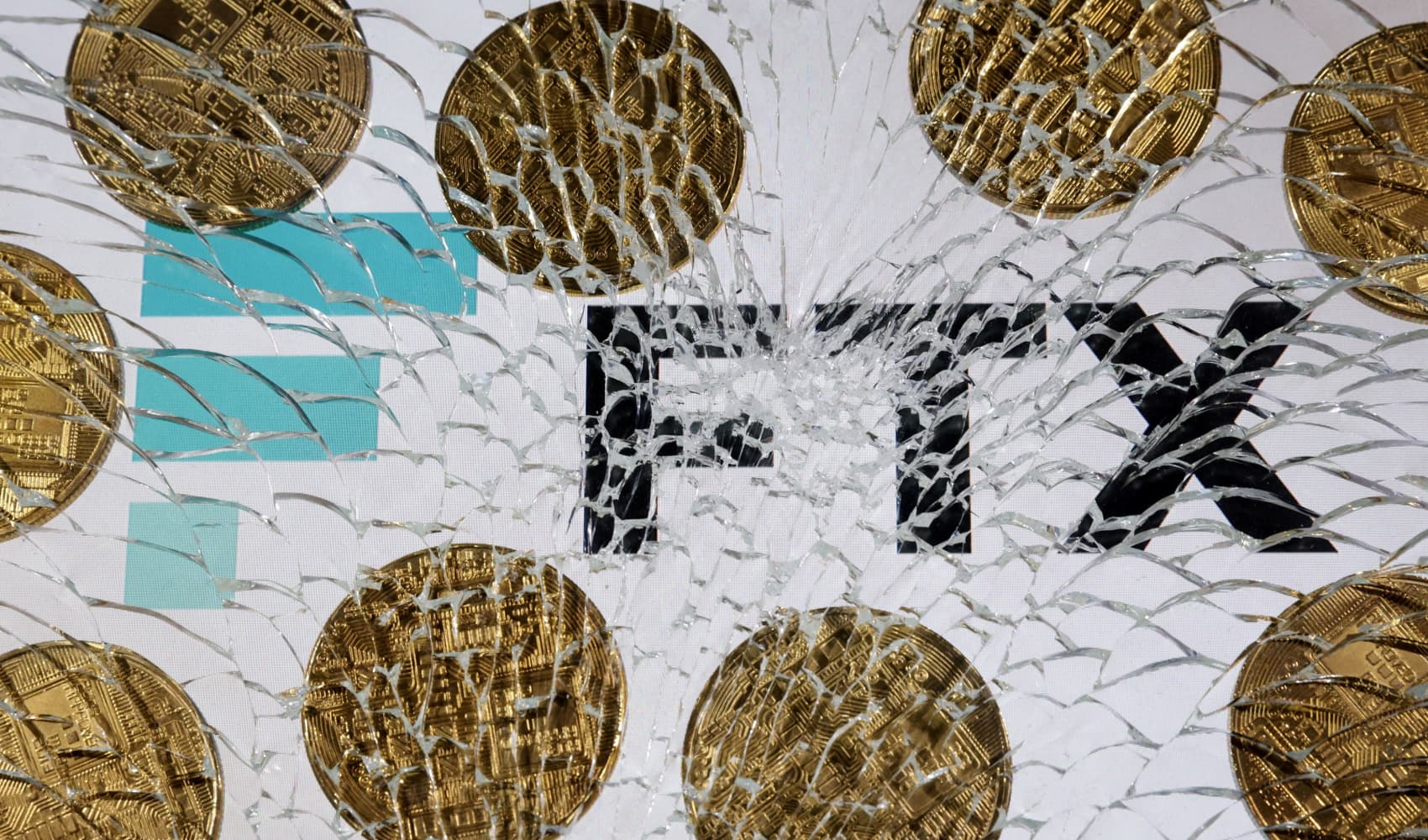
- Republican-led states have sued the U.S. Department of Education to block the Biden administration from carrying out its sweeping new student loan forgiveness plan.
- In the lawsuit, the states — Alabama, Arkansas, Florida, Georgia, Missouri, North Dakota and Ohio — accuse the Education Department of illegally trying to forgive hundreds of billions of dollars in federal education debt.
- It also claims the department has allegedly already instructed its loan servicers to begin canceling the eligible loans as early as Sept. 3.
Seven Republican-led states have sued the U.S. Department of Education to block the Biden administration from carrying out its sweeping new student loan forgiveness plan.
In the lawsuit, the states — Alabama, Arkansas, Florida, Georgia, Missouri, North Dakota and Ohio — accuse the Education Department of illegally trying to forgive hundreds of billions of dollars in federal education debt. The lawsuit also claims the department has allegedly already instructed its loan servicers to begin canceling the eligible loans as early as Sept. 3.
The Education Department is expected to publish its final rule on the debt relief sometime in October. The states say they "just uncovered documents" showing the department could act sooner, according to the lawsuit.
Get top local stories in Southern California delivered to you every morning. Sign up for NBC LA's News Headlines newsletter.
A spokesperson for the Education Department declined to comment on the pending litigation.
"But we will continue to fight for borrowers across the country who are struggling to repay their federal student loans," they said.
The lawsuit is the latest attempt by Republicans to prevent President Joe Biden from reducing or eliminating people's student loan balances. Experts predicted that Biden could try to deliver the relief to tens of millions of Americans just weeks before the election.
Money Report
The Biden administration began working on its do-over student loan forgiveness plan after the Supreme Court blocked its first policy in June 2023. This revised relief plan targets four groups of borrowers, including those who owe more than they originally borrowed and graduates of low-value programs. Some 25 million people could benefit.






